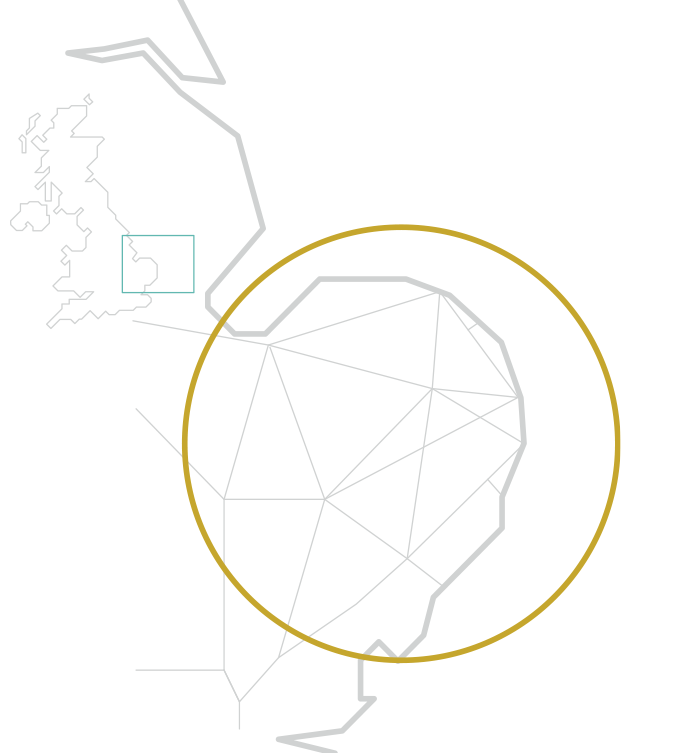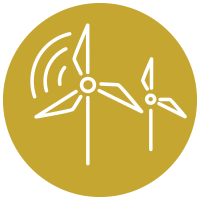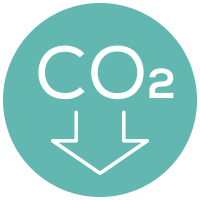As you’d expect from a region with 150 miles of coastline, Norfolk, Suffolk and Essex has a number of working ports, including the UK’s busiest container port at Felixstowe. The ports of King’s Lynn and Ipswich tend to be used for trade in agricultural and industrial goods, including grain, fertiliser, and aggregates. The ports of Great Yarmouth, Lowestoft, and Harwich are major centres for servicing the offshore gas and wind energy sectors in the Southern North Sea (SNS).
Great Yarmouth and Lowestoft now have the largest concentration of offshore wind projects in the world within 100 miles of them. As a result, they offer the fastest steaming times to 70% of the installed and planned offshore capacity in the SNS. This has made them an ideal base for many energy businesses engaged in the construction, operations and maintenance of turbines and associated sub-sea structures.
Businesses looking for modern offices, industrial units or development land, including quayside space, can take advantage of the Great Yarmouth and Lowestoft Enterprise Zone in particular, with six sites in and around the ports, aims to support growing clusters of energy related companies.
A number of major strategic innovation projects are proposed for development on several Enterprise Zone sites including new innovation precincts, incubators and business centres which will accelerate business growth in key higher value sectors as well as boosting innovative activity. These centres will connect into the wider innovation, science and research network to help enhance the ecosystem of high growth, high value businesses across Norfolk and Suffolk. This plan supports a number of activities and projects aimed at repositioning Enterprise Zones for clean growth, through encouraging low carbon, low impact developments, alternative local energy sources, supporting greener business practices in key sectors and encouraging sustainable transport connectivity.
Port of Felixstowe, in partnership with Harwich in Essex, recently won the UK wide bid to be one of eight new freeports. Freeport East aims to create a green-energy innovation cluster that will draw on the region’s strengths in offshore wind and nuclear to create a Hydrogen Hub that will help decarbonise road, rail and maritime freight transport. It will work with partners across the region, including businesses, universities and the technology research campus at Adastral Park, just outside Ipswich.








